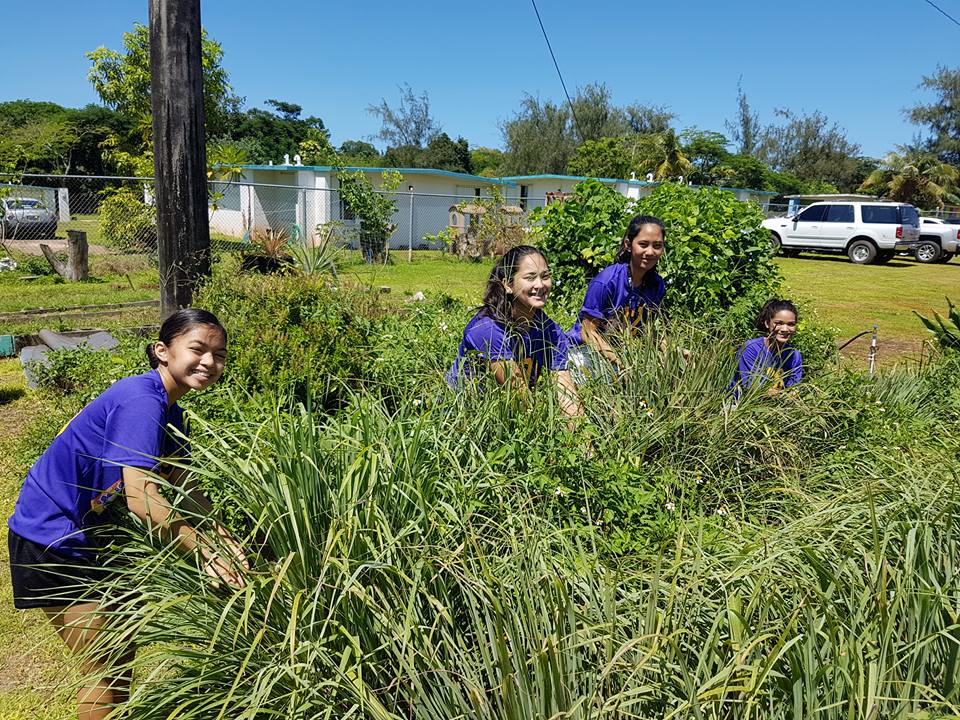Community Garden Member at Island Girl Power

Community Garden Member at Island Girl Power
- Status: Open Project , Ongoing Project
- Possible Hours: 20
- Categories: Social Justice, Peace and Kindness, Education and Literacy, Citizenship and Civic Engagement, Environment and Sustainability, Health and Wellness, Homelessness and Poverty, History and Culture
- Schools: Open to All Schools
- Project Start Date: 09/19/2015
- Project End Date: 05/30/2026
Attend monthly meeting on the 3rd Saturday of every month to reserve your plot at $5 for 6 months. Select types of plants to be grown .
Plant and Care for your garden over 6 months.
Work and take pictures of all the steps involved in setting up your garden.
Attend one garden meeting per month.
Spend a minimum of 2 hours per week tending to your garden and helping others with theirs.
Be sure to sign in and out each time you visit your garden so hours may be clocked in.
Plant and maintain your garden plot.
Research recipes that use your produce as an ingredient.
When your garden is ready for harvesting, donate some to senior citizens or anyone in your community who may need fresh produce.
Take pictures from start to harvest to donation, and post on social media with the hashtag #guamservicelearning #community garden.
In order to earn service learning hours, a reflection needs to be turned into a teacher who can input the hours into Power School. You need to address: What did you do? What did you learn? How was this an example of public service?
To give students an opportunity to learn from other gardeners basic garden care and general planting basics they can use throughout their lives. To connect students with real world issues affecting gardeners and farmers on Guam. To encourage students to research various recipes they can make with their produce.
Science Standard 2: Life Science
Students understand the diversity and unity of living organisms, the living environment, and principles of ecology.
BI.2.22 Understand and describe how organisms (your plants) are influenced by a particular combination of living and nonliving components of the environment (sun, water, fertilizer, etc.).
Social Studies Standard 4: Government and Civics
Students learn to achieve civic competence by studying the structures of power, authority, and governance.
AG.4.16 Practice personal character traits that facilitate thoughtful and effective participation in civic life, including thefollowing:
• Responsibility, accountability, and self-reliance
AG.4.17: Explain the importance of thoughtful and effective participation in civic life, including the following:
• Performing public service
Acknowledged by Teacher/Guidance Counselor:
Print name: _____________________________
Signature:_______________________________
Date:______________________









